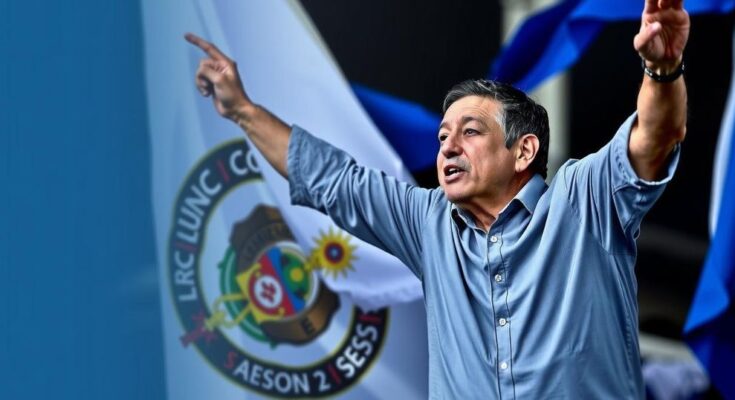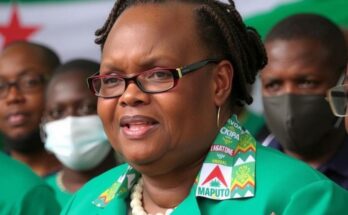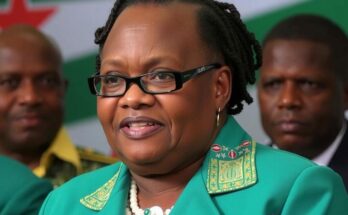Uruguay’s governing conservative coalition conceded the presidential run-off to left-wing challenger Yamandu Orsi, marking a political shift in leadership. Alvaro Delgado acknowledged defeat as Orsi is poised to become the new president. The election reflects a broader trend of voters rejecting incumbent parties globally in response to economic challenges, with Mr. Orsi promising a moderate approach and continuity in key policies.
In a significant political shift for Uruguay, the governing conservative coalition conceded to the left-wing Broad Front in the presidential run-off election. Alvaro Delgado, the candidate from the center-right National Party, acknowledged defeat while emphasizing his support for the victor, Yamandu Orsi. With over 57% of the votes counted, Mr. Orsi is set to assume the presidency, marking the end of the conservative government’s brief tenure established in 2020. The Broad Front, previously in power for 15 years, is recognized for progressive reforms such as the legalization of abortion and same-sex marriage. Mr. Orsi, a moderate, intends to maintain a balanced approach, focusing on addressing childhood poverty and organized crime while proposing policies that encourage investment. This election outcome mirrors a global trend where voters express dissatisfaction with incumbent governments. Despite the anticipated change in leadership, continuity in several key policies is expected under Mr. Orsi’s administration.
The political landscape in Uruguay has been characterized by fluctuations between left and right-leaning parties. The Broad Front dominated for 15 years until the election of Luis Lacalle Pou in 2020 marked a conservative shift. The Broad Front’s tenure was celebrated for groundbreaking social reforms, yet economic challenges have prompted shifts in voter sentiment. As the country transitions leadership once more, the implications of these electoral outcomes will be monitored closely, particularly in relation to social issues and economic policies.
The recent electoral defeat of the conservative coalition in Uruguay signals a return to leadership by the Broad Front and highlights a global trend of voters seeking change amid economic dissatisfaction. Yamandu Orsi’s moderate stance and intention to address key social issues may provide continuity in policy while also embracing necessary reforms. As Mr. Orsi prepares to lead, the implications of this election will be pivotal for the future of Uruguay.
Original Source: www.expressandstar.com




